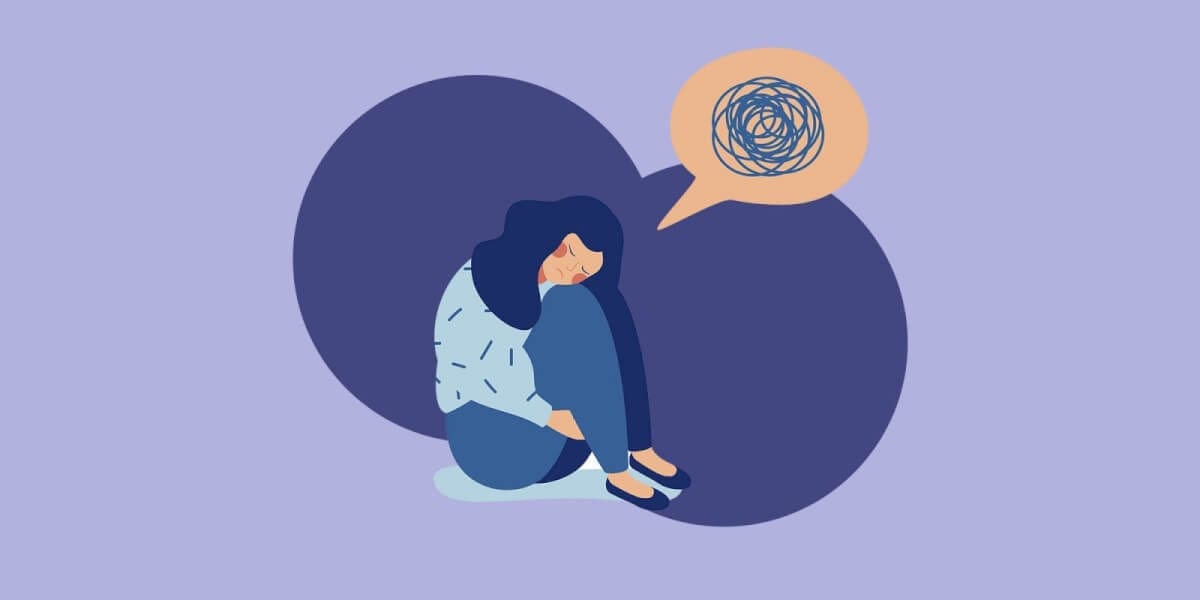The COVID-19 pandemic has very quickly gone from a distant blip on the news radar to a serious public health emergency right on our doorsteps. As coronavirus spreads and the news continues to hammer us hour by hour, coronavirus anxiety is rising – with increasing numbers of people feeling hopeless, desperate and cut off from the outside world.
You’re likely looking for strategies and possibly looking for therapy options to manage your own fears and uncertainty, as well as finding ways to talk about it with your kids or discuss options with relatives who may be more vulnerable.
It’s not just coronavirus, there are many other issues over which we have little to no control – the climate emergency, war or the refugee crisis, for example. It’s important to find ways to stay present to what’s happening while balancing your emotions – so that you’re not overwhelmed, but also not detached or in denial.
Psychologists recommend the following strategies for managing your coronavirus anxiety in order to remain effective and active in ways that matter to you:
1. Take action
OK, so it’s tough to take action when you’re in lockdown, but remember – by staying home you are contributing to the effort to defeat coronavirus (by ‘flattening the curve’). So, follow the instructions of your government health officials and be vigilant about social distancing. If you are under financial stress, investigate any assistance options available to you locally and do what you can to draw up a manageable budget. Talk it out with someone. Focus your energy on positive actions such as giving your house a thorough clean or offering to buy groceries for an elderly neighbor. Moving your mind from things you can’t control onto things you CAN control will help you feel more empowered than helpless.
2. Turn it off
The 24-hour news cycle can be a drag at the best of times. It might feel like it’s imperative you stay informed and up to date, but too much immersion in anxiety-provoking media can drain your energy and skew your perspective to the negative. Take regular mental breaks by unplugging from social media and making the choice not to engage in conversations on the topic to reduce your coronavirus anxiety. Don’t leave the TV news on in the background all day while you work from home or clean out the cutlery drawer – set yourself a dedicated news-free zone (say 10 am – 2 pm) and listen to music instead. Release stress and clear space in your brain with meditation, press play on a yoga workout on our YouTube page, or talk about that awesome 6-week workout program Centr 6 you did recently instead…
3. Stockpile optimism
For all the terrible problems there are in the world, there are a lot of people working hard on solutions and uplifting distractions. Look for examples of progress being made and of people coming together. Subscribe to a good news page on social media or set a fitness goal to work toward while you’re stuck at home – tracking progress as you improve will help you feel more positive and less ‘stuck’. It’s not about pretending things are fine but doing something to balance out your negativity bias and reminding yourself of all the reasons to be hopeful.
IT’S NOT ABOUT PRETENDING THINGS ARE FINE BUT DOING SOMETHING TO BALANCE OUT YOUR NEGATIVITY BIAS…
4. Get social (online)
Having a strong social support network is a key factor in building resilience. If you can’t do that in the physical world right now, online communities can help you stay connected. You don’t just get the benefit of social support, but the sense of doing something proactive. If you’re not up for joining a group, try calling a friend who never fails to make you laugh or sharing how you feel with trusted people will all help.
5. Practice self-care
Continual exposure to negative media activates your threat response and causes your body to be flooded with stress hormones. Over time that will impact your physical and psychological health, reducing your effectiveness at everything you do, from your workouts to your relationships. Therefore, when you’re dealing with any kind of stressful situation the most important thing you can do is make sure you’re looking after your physical, mental and emotional well-being. Good sleep, regular exercise, nutrition, hydration and some kind of meditation or time for reflection should all be non-negotiable to reduce your coronavirus anxiety.








